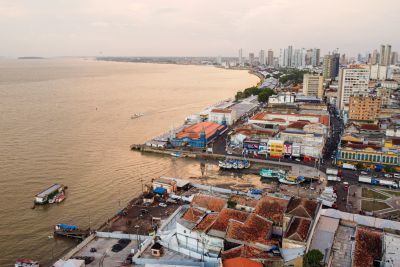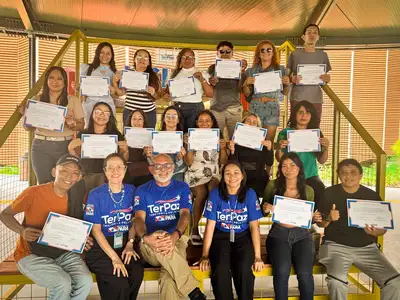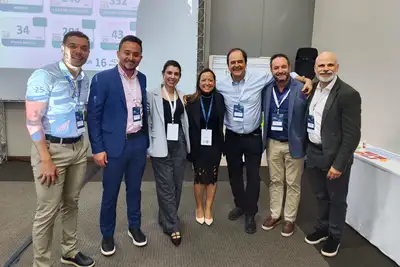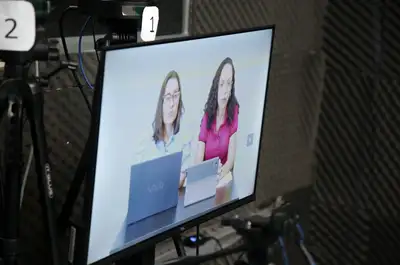Green September: Hospital Ophir Loyola reinforces the importance of organ and cornea donation
The Eye Bank of Hospital Ophir Loyola is a state reference and reduces the waiting time for cornea transplants to less than six months
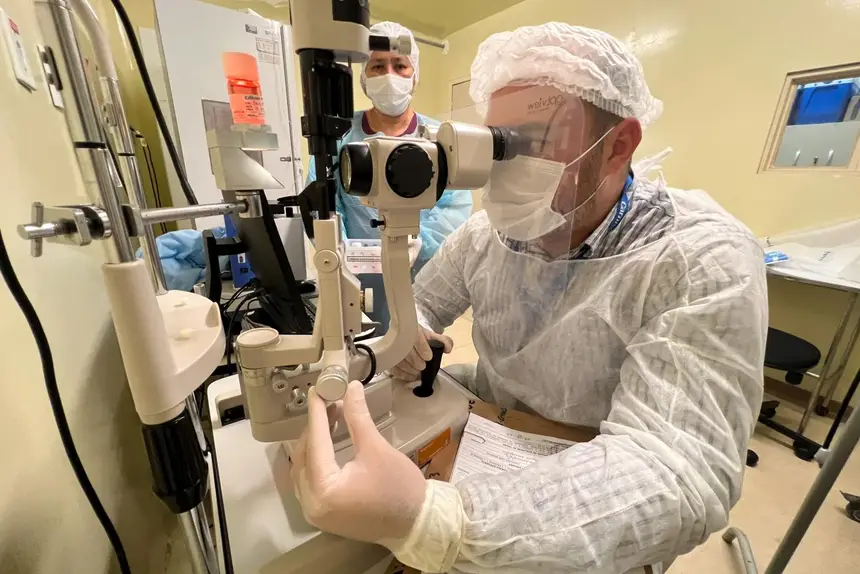
The month of September is marked by the Green September campaign, a national initiative aimed at raising awareness about the importance of organ and tissue donation. In Pará, Hospital Ophir Loyola (HOL) plays an essential role in this process through the Eye Bank, responsible for the collection and distribution of corneas throughout Pará.
In previous years, the waiting time for cornea transplants in Pará reached four to five years. With investments, new partnerships, and coordinated management, the state has managed to reduce this period to less than six months, ensuring a better quality of life for patients. In 2024, around 700 corneas were collected – a historic record – and in 2025, the service is already approaching 500 collections.
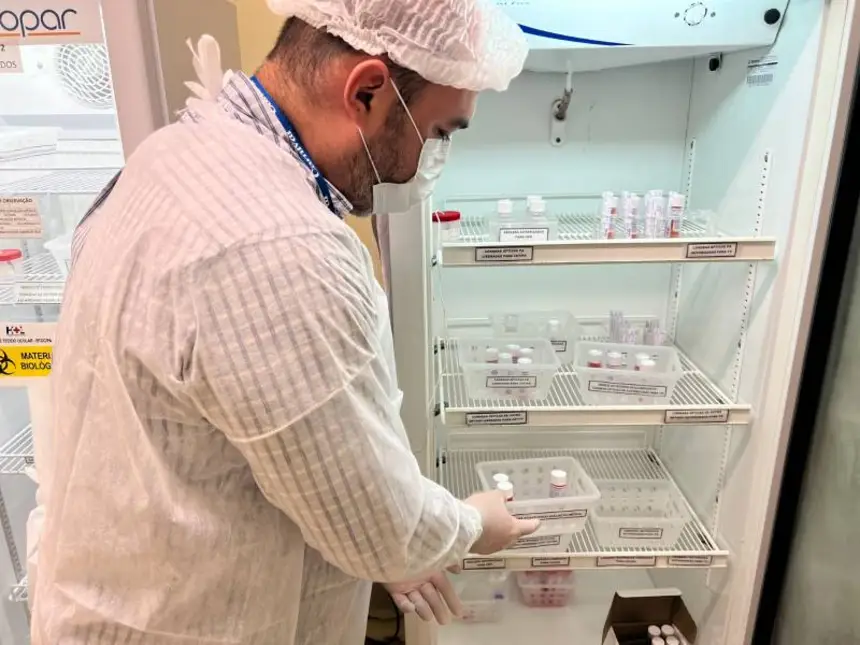
“The Eye Bank is a source of hope for many patients who wait silently in line. Even in moments of pain, donating a ‘little piece of love’ is a grand act that transforms lives,” emphasizes the coordinator of the Eye Bank at HOL, Dr. Alan Costa.
The Eye Bank works in an integrated manner with the Intra-Hospital Commission for Organ and Tissue Donation for Transplantation (CIHDOTT), which actively seeks potential donors in hospital units, at the Renato Chaves Medical Legal Institute (IML), and at the Death Verification Service. After clinical evaluation and family authorization, the collected material undergoes rigorous testing in partnership with the Central Laboratory and Emopa, complying with the standards of the Ministry of Health, Anvisa, and national good practices.
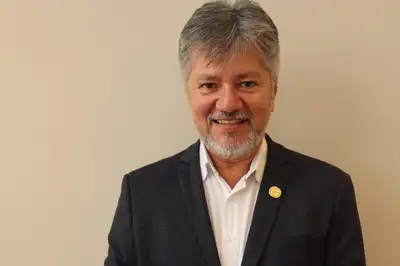
“Our team performs daily work of welcoming and raising awareness among families. We know it is not an easy moment, but the decision to donate can save or improve many lives,” explains the coordinator of CIHDOTT at HOL, Dr. Jair Graim.
In addition to corneas, HOL also works in kidney transplantation, considered the best treatment for patients with chronic kidney disease. According to nephrologist Silvia Cruz, a member of the hospital's kidney transplant team, “Green September is an opportunity to remind that the decision about organ donation rests with the family after death. This act is essential to ensure that patients can receive treatment and improve their quality of life.”
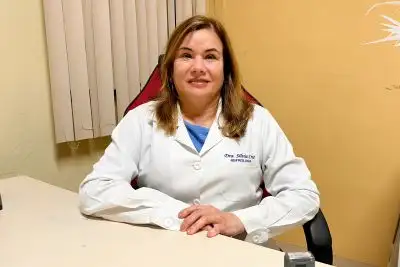
At the national level, data from the Ministry of Health indicate that Brazil performed more than 30,000 transplants in 2024, with 17,000 of those being corneas. Despite the progress, about 78,000 people are still waiting in line for an organ across the country, including nearly 29,000 for corneas. In Pará, the work of the Eye Bank at HOL directly contributes to reducing this deficit.
Hospital Ophir Loyola continuously invests in the training and qualification of professionals working in the Eye Bank and transplant committees, ensuring ongoing updates on legislation, clinical protocols, and modern surgical techniques. This allows for addressing the backlog and advancing procedures that enable treating more than one patient with a single cornea.



